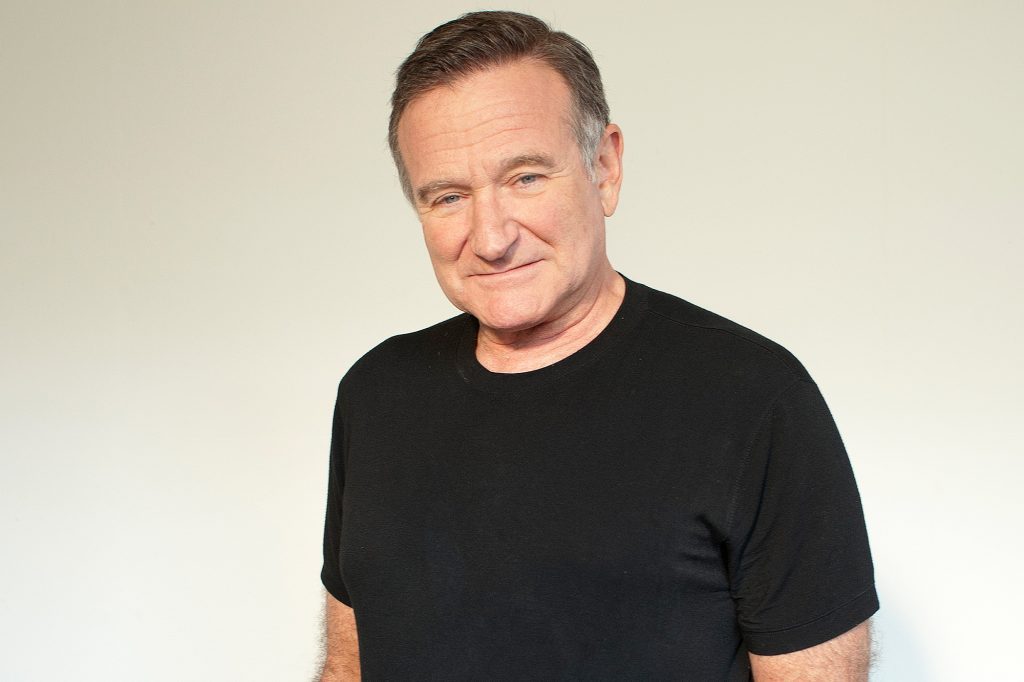The threat of mental illness has been growing. Suicide rates in the United States continue to rise, and not even the most talented, famous or outwardly cheerful are immune to the trend: the tragic deaths of Robin Williams, Kate Spade and most recently Anthony Bourdain evidence that.
Celebrities are people too, but they have one distinction that sets them apart — they’re, well, celebrities. The public rigorously examines their lives in a way that the average person never experiences.
The way the media talks about celebrity mental illness influences how everyone sees those of the people around them. In other words, if you think of funny people like Robin Williams as particularly unlikely to commit suicide, you might miss a similar friend in serious trouble.
So, what’s the right way to talk about celebrity mental illness? Here are some guidelines to better understand the problem.
1. Don’t Go Looking for Someone to Blame
Celebrity magazines perpetually cover celebrity-on-celebrity conflict, from rap feuds and on-set spats to backstage brawls, because they make for compelling coverage. But when it comes to mental health problems, assigning blame doesn’t make sense and shouldn’t be a priority.
When a celebrity checks into rehab, for example, fans shouldn’t examine their partner or spouse to see if they’re at fault. Even worse than blaming other people, don’t look to blame the victim for their own illness.
People who refer to suicide victims as “selfish,” for example, misunderstand what goes on in the mind of someone suffering from depression. Suicide isn’t a decision made to spite the people around them — it’s a symptom of an illness.
2. Don’t Dig into the Details
As I said before, only their fame makes celebrities different from ordinary people in the first place. It’s understood that people pay attention to celebrities and scrutinize every fashion faux pas or relationship rough patch.
In their justifiable fascination, people want to know these things about celebrities, and celebrities for the most part control at least some of the information out there about them. Celebrity mental illness, however, should be considered off-limits to the prying cameras of the paparazzi.
When you visit the doctor’s office, something called physician-patient privilege protects both you and your doctor. Doctor-patient confidentiality, as it’s also known, means that a patient can share whatever embarrassing medical problems they might have with a doctor without having to worry about that information being revealed without their consent.
This privilege ensures treatment remains a doctor’s first priority, encouraging people to share experiences that could potentially save their lives. It’s a measure taken to ensure that patients get good medical care, even if they may have committed a crime or if their problem is something they’re ashamed of.
What does this have to do with celebrity mental health, you ask? Well, if criminals can have doctor-patient confidentiality with regard to their health issues, why can’t celebrities?
It’s cruel and unusual for celebrities and their families to have well-wishers pry too far into their personal lives — and mental health issues are usually very personal. For the sake of their health and human dignity, people shouldn’t try to dig up the private medical information of public figures.
That being said, more power to celebrities who own their mental health issues and work to raise awareness for them. NBA star Kevin Love has written publicly about his own issues with panic attacks, and Olympian Michael Phelps similarly opened up about his struggles with depression.
That some celebrities like these talk about their own problems doesn’t mean that everyone will be comfortable doing that, though, and that’s fine.
3. For God’s Sake, Don’t Romanticize It!
Occasionally, people attempt to narrativize celebrity mental illness and place it in the context of the celebrity’s life. Some reactions to Robin William’s suicide casted the comedian as a tragic clown, consumed by sadness inside while making others laugh on the outside.
It’s an appealing idea because, to be honest, it sounds like a sensible plot — stories that don’t add up draw the public’s curiosity, even sad stories. There’s a crucial inaccuracy that comes with this dramatic eulogizing: Depression the illness isn’t as much like sadness or grieving as that story implies.
In reality, it’s treatable, but “tragic clown” stories and the like don’t normally mention that. Real life rarely fits a satisfying dramatic arc.

“Suicide contagion,” a term coined by mental-health professionals, describes when one suicide impels copycats: In response to a single suicide, others in similarly poor mental health might be more likely to commit the act themselves, leading to a virus-like spread of copycats. The widespread coverage that comes with a celebrity’s death makes the contagion far more likely.
That doesn’t mean that talking about suicide should be off-limits, however — just certain ways of talking about it. Explaining the method, referring to the act as an “escape” from a hard life and showing mourners all seem to encourage copycats.
Conclusion
Celebrity mental illness, like public mental illness, must be understood as a treatable medical condition. That misunderstanding mental health issues can worsen their effects makes them so pernicious, and talking clearly about their impact on people makes a difference.
Celebrities with mental illness should be treated just like everyone else who suffers from mental illness — with consideration and respect.

















